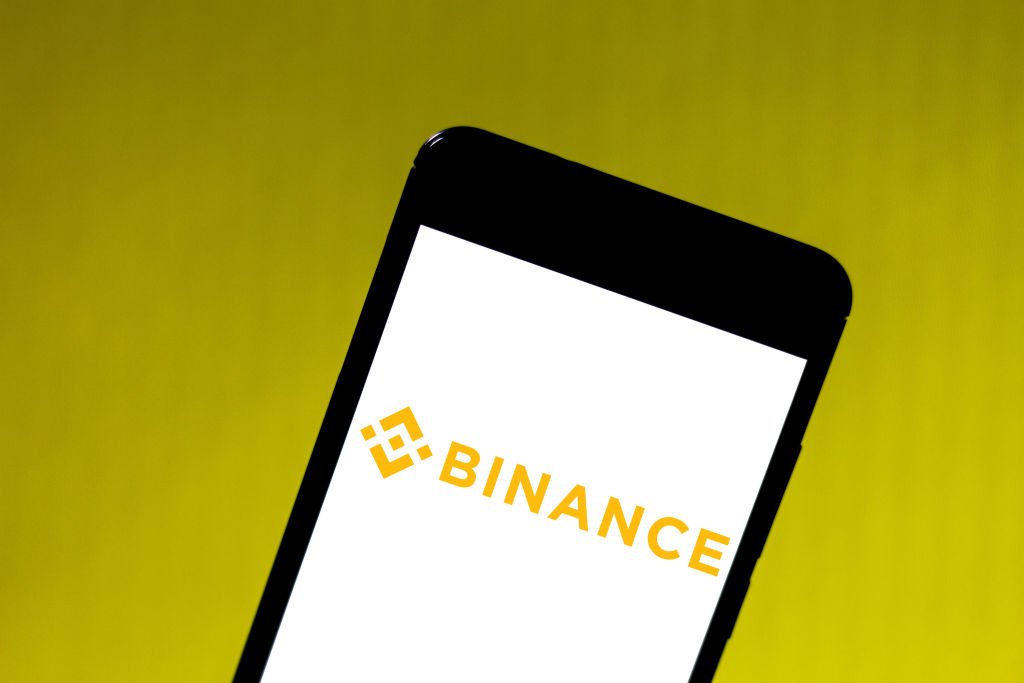Binance announced today that it will be discontinuing its naira (NGN) services in Nigeria due to increased regulatory scrutiny. According to the cryptocurrency exchange’s blog post, all existing NGN spot trading pairs will be delisted by Thursday, March 7. Users are advised to withdraw, trade, or convert their NGN assets to crypto before the service discontinuation. Any remaining NGN balances in users’ spot and funding wallets will be automatically converted to USDT on Friday, March 8.
Additionally, by Wednesday, March 6, Binance will remove NGN services from its auto-invest tool and will no longer support it as a payment option on Binance Pay.
This decision was prompted by recent regulatory actions taken by the Nigerian government, which have imposed restrictions on both local and foreign cryptocurrency exchanges, including Binance. As a result, users have faced difficulties accessing the Binance website.
The Central Bank of Nigeria, the country’s apex bank, claimed last week that Nigeria was losing out on taxes from unregistered crypto exchanges and accused Binance of enabling “illicit flows from sources and users who we cannot adequately identify,” resulting in approximately $26 billion in losses.
Bloomberg reported that two Binance officials were detained when they were summoned to Nigeria to discuss these regulatory restrictions, as the government believes that Binance has been operating without proper authorization in the country. It is alleged that the detained officials may face charges related to currency manipulation, tax evasion, and illegal operations, although no formal charges have been filed.
Several sources have also reported that the Nigerian government is alleging that Binance is involved in manipulating foreign exchange rates through currency speculation and rate fixing. As a result, they have intensified their scrutiny of the platform and are reportedly requesting nearly $10 billion in compensation. However, both Nigeria and Binance have denied these claims.
Despite ongoing legal disputes between the world’s largest crypto platform and Africa’s top crypto market, the situation remains unresolved. In fact, Nigeria’s parliament has further escalated the issue by threatening to issue a warrant of arrest for Binance’s executives. They have also summoned CEO Richard Teng to provide explanations regarding investigations into alleged involvement in money laundering and terror financing, as reported by local sources.








